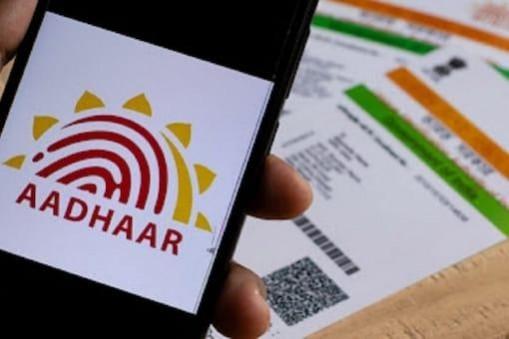In a recent report, global ratings agency Moody's Investors Service raised concerns about India's Aadhaar program, highlighting potential privacy and security risks. Moody's also questioned the reliability of Aadhaar's biometric technology in India's humid climate, stating that it can lead to service denials. While the agency acknowledged Aadhaar as the world's largest digital ID program, it emphasized that it faces challenges in establishing authorization and ensuring biometric reliability.
However, the Indian government swiftly responded to Moody's claims, dismissing them as baseless. In a strongly-worded statement, the government defended Aadhaar as the most trusted digital ID system globally and emphasized the overwhelming trust it has garnered from over a billion Indian users who have used it for authentication over 100 billion times.

The government's rebuttal pointed out several key issues with Moody's report. Firstly, it criticized the report for lacking concrete evidence or factual basis to support its assertions. Moody's failed to reference either primary or secondary data or research that would substantiate its opinions. Moreover, the investor service did not make any effort to validate the concerns it raised with the Unique Identification Authority of India (UIDAI), the agency responsible for Aadhaar.
One notable discrepancy highlighted by the government was the inaccurate number of Aadhaar cards cited in Moody's report. While the report claimed that 1.2 billion Aadhaars had been issued, the UIDAI's website prominently displays updated figures.
The government's response underscores the immense trust and confidence that Indians have in the Aadhaar program. Over the past decade, Aadhaar has become an integral part of daily life for a vast majority of the Indian population. Its use for authentication has surpassed 100 billion times, demonstrating the users' deep understanding of its benefits and their trust in its reliability.

Aadhaar's success as a digital ID program has not gone unnoticed on the global stage. International organizations, including the International Monetary Fund (IMF) and the World Bank, have praised Aadhaar for its pivotal role in transforming India's digital landscape. Several countries have shown interest in learning from India's experience with Aadhaar to implement similar digital ID systems.
The Indian government's response serves as a robust defense of Aadhaar's reputation and effectiveness. It reaffirms the program's commitment to privacy and security and underscores the stringent measures in place to safeguard user data. While debates around Aadhaar's efficacy and security are not uncommon, Moody's recent critique has been met with a swift and detailed response, leaving no room for ambiguity about the government's stance on the matter.
Related













